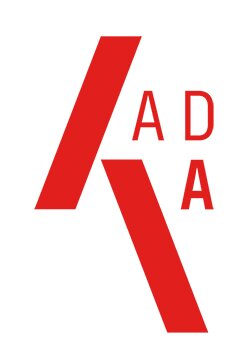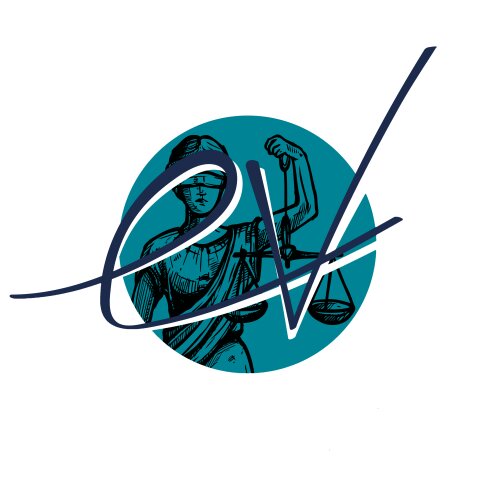Best Whistleblower & Qui Tam Lawyers in Paris
Share your needs with us, get contacted by law firms.
Free. Takes 2 min.
List of the best lawyers in Paris, France
About Whistleblower & Qui Tam Law in Paris, France
Whistleblower and Qui Tam law in France stem largely from country-wide legislation and European Union directives, rather than city-specific laws in Paris. Traditionally, French law does not have a concept of Qui Tam, a principle that allows a private individual with information on wrongful activity to bring a lawsuit on behalf of the government. However, there are still legislation and regulations in place that offer certain protections and potential financial benefits for whistleblowers in public integrity and anti-corruption matters. These include the French Anti-Corruption Law (Loi Sapin II) and the European Whistleblower Directive.
Why You May Need a Lawyer
A lawyer’s guidance is crucial if considering coming forward with information about wrongful activities, particularly concerning financial misconduct,corruption, tax evasion or threats to public health and safety. You may need a lawyer to help you understand your rights and protections, navigate the complex legal landscape, manage potential risks such as retaliation or employment consequences, and ensure any potential benefits are realized.
Local Laws Overview
While the local laws specifically in Paris are not unique from the rest of France, the country-wide and European legislative frameworks should be particularly noted. The Law Sapin II, enacted in 2016, provides whistleblowers with legal protection and mandates companies to set up internal processes to handle alerts from employees. In 2019, the European Union also established a new directive to strengthen whistleblower protections, which France has two years to incorporate into national legislation.
Frequently Asked Questions
1. Who qualifies as a whistleblower in France?
A whistleblower is defined by French law as someone who reveals or reports, in selfless and good faith, a crime, an offense, a serious and manifest breach of an international commitment ratified or approved by France, a unilateral act from an international organization taken on such a commitment, law or regulations, or a serious threat or harm to the public interest, of which he/she has personal knowledge.
2. Are whistleblowers protected from retaliation in France?
Yes, French law prohibits any form of retaliation, including discrimination, against whistleblowers who have reported wrongdoing in good faith.
3. Can whistleblowers receive financial rewards in France?
Unlike the U.S., France does not have Qui Tam laws that allow whistleblowers to claim a percentage of recovered funds. However, France’s Anti-Corruption Agency may grant a reward to persons providing information leading to the confirmation of an offense and the identification of its perpetrators.
4. How is anonymity of whistleblowers handled in France?
Under French law, the identity of the whistleblower, the information provided, and the people involved in the reported facts are to be kept confidential.
5. Are French whistleblower protections applicable to non-French citizens?
Yes, French whistleblower protections apply to anyone with personal knowledge of serious wrongdoing, regardless of nationality or citizenship.
Additional Resources
For further information and support, the French Anti-Corruption Agency (AFA) and Transparency International France are notable resources. Additionally, the EU Ombudsman’s office can provide guidance on European-level protections for whistleblowers.
Next Steps
If you believe you are in need of a legal advice in Whistleblower & Qui Tam, it is recommended that you seek legal counsel with experience in this area to understand your situation, evaluate your options and guide you through the process. Moreover, you should ensure that all communication happen in a manner that preserves the confidentiality and legal protections afforded to you.
Lawzana helps you find the best lawyers and law firms in Paris through a curated and pre-screened list of qualified legal professionals. Our platform offers rankings and detailed profiles of attorneys and law firms, allowing you to compare based on practice areas, including Whistleblower & Qui Tam, experience, and client feedback.
Each profile includes a description of the firm's areas of practice, client reviews, team members and partners, year of establishment, spoken languages, office locations, contact information, social media presence, and any published articles or resources. Most firms on our platform speak English and are experienced in both local and international legal matters.
Get a quote from top-rated law firms in Paris, France — quickly, securely, and without unnecessary hassle.
Disclaimer:
The information provided on this page is for general informational purposes only and does not constitute legal advice. While we strive to ensure the accuracy and relevance of the content, legal information may change over time, and interpretations of the law can vary. You should always consult with a qualified legal professional for advice specific to your situation.
We disclaim all liability for actions taken or not taken based on the content of this page. If you believe any information is incorrect or outdated, please contact us, and we will review and update it where appropriate.
















